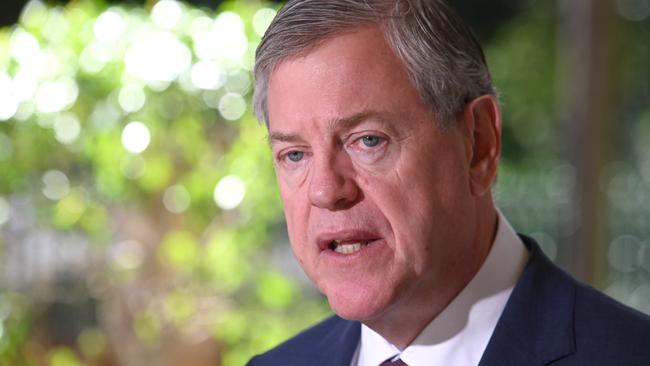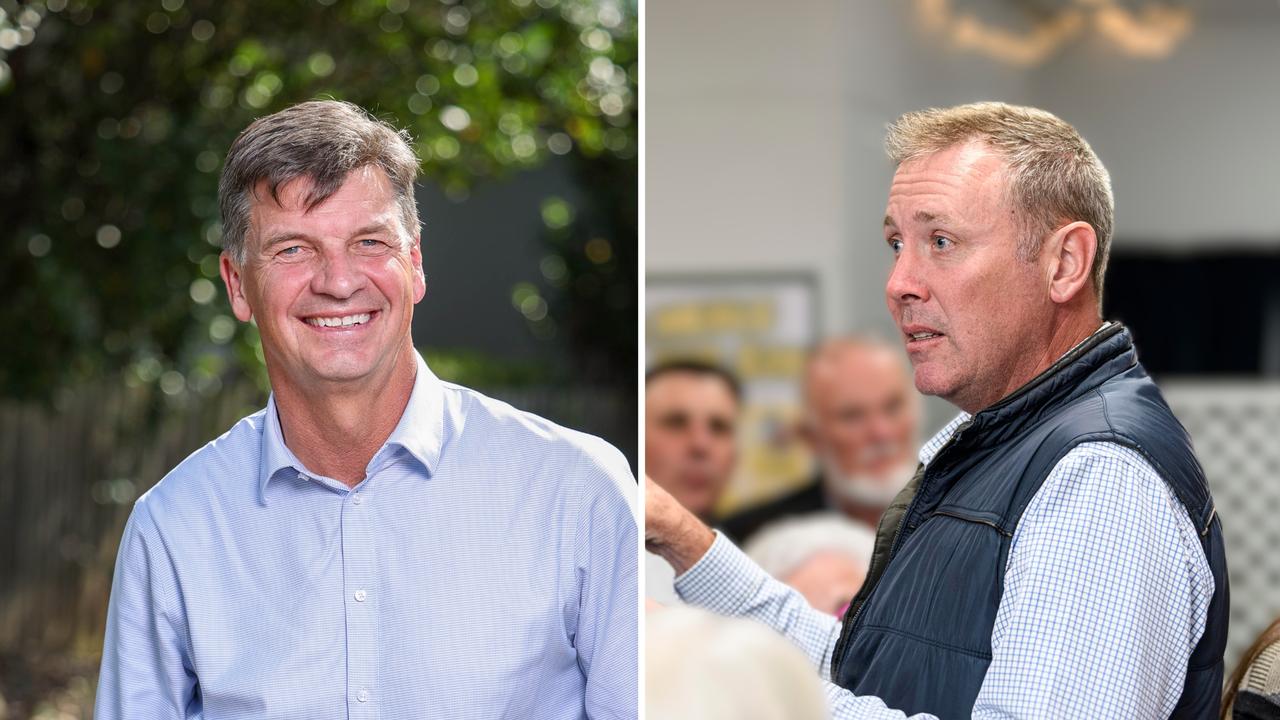Toowoomba mother’s embryos locked in deep freeze after law change applied retroactively
A missing phone number and the donor’s middle name is preventing a single mother falling pregnant after the Queensland government retroactively applied changes to IVF laws to her embryos that were frozen six years ago.

Toowoomba
Don't miss out on the headlines from Toowoomba. Followed categories will be added to My News.
A Queensland mum has been robbed of her last chance to have a child after the state government retroactively applied tough new IVF legislation to existing embryos.
Sarah* embarked on a costly round of IVF six years ago, selecting a sperm donor through the US provider Xytex.
She chose a donor father who agreed to be contacted by her children when they turn 18.
Through the Queensland Fertility Group, Sarah had three of her eggs fertilised six years ago. Two were frozen while the third resulted in the birth of her bright-eyed son.
In April, Sarah initiated a second round of IVF after her son asked for a little brother or sister.
The first transfer failed and the second was planned for Wednesday.
Sarah started hormone therapy in preparation but was floored by a call from QFG on Friday saying it had to cancel the transfer.
“It just seems so unfair,” she said.
Under the changes brought in the dying days of the former Queensland Labor Government, all donors must now provide their contact details so that any donor-conceived child can request contact after the age of 18 years.
When former Health Minister Shannon Fentiman introduced the bill it had broad, bipartisan support, with LNP members Mark Boothman and Dr Christian Rowan speaking in support.
While Sarah’s donor has agreed to be contacted, Xytex has refused to comply with the legislation.
Sarah said the case was particularly cruel because she had already given birth to a son by the same donor.
“I made this embryo a long time ago and the chance of me having another baby without this are slim,” she said.
“At the time I was sure I wanted to have two children, but my son wants a sibling and I want that for him.
“I think it is important that my son has the genetic connection to his siblings.”
Given Sarah’s age and medical challenges, restarting IFV with a new donor would have a 5 per cent chance of success.
“They are taking away this chance to have another baby,” she said.
“Queensland Health needs to stop being so ridiculous.
“When the government changes the building code it does not retroactively apply it to older buildings, so why are they doing it to me?
“I followed every rule.”
Sarah’s last embryo remains frozen at a bank in Toowoomba and its future is uncertain.
She fears it will be destroyed.
“QFG said it was safe in storage but that they were not permitted to use it. The decision is so arbitrary and bureaucratic,” Sarah said.
“I do support the new laws, and chose a donor who agreed to be contacted, I just don’t know why it had to be retroactive.
“QFG has been very lacklustre in communicating this issue to me given that these laws changed in September of last year and Friday is the first I’m hearing about it.”
In a statement provided to the Herald Sun, a Monash IVF Group spokeswoman said the matter would be resolved immediately if Xytex provided the information needed to meet the requirements of the Queensland legislation.
“We have written to them seeking this information and we again urge them to provide it,” the spokeswoman said.
QFG has also said it would work with the provider to resolve the situation.
“We acknowledges the deep concern recent legislative changes have caused patients, and we are working closely with Queensland Health to clarify transitional arrangements for the use of donor sperm,” a spokeswoman said.
“We have raised the significant and unintended impact of these changes on our patients, and the need for an urgent approval process for exemption, as well as a broader review of the legislation as it is drafted.
“We do not destroy embryos without a patient’s explicit consent, and patients can be assured that their biomaterials are safe. We hope that in time, there will be an ability for patients to use those embryos and stored sperm.
“We understand how distressing this situation is and are committed to supporting affected patients, including exploring every available option for them to use their embryos in future.”
A Queensland Health spokeswoman said the department had been working closely with providers to understand their concerns about compliance with Section 33 of the Assisted Reproductive Technology Act 2024.
“Queensland Health has consistently communicated the government’s approach will focus on education rather than enforcement while Queensland Health explores amendments to address concerns raised by providers,” she said.
Xytex has been contacted for comment.
*Name changed for privacy.
Originally published as Toowoomba mother’s embryos locked in deep freeze after law change applied retroactively



